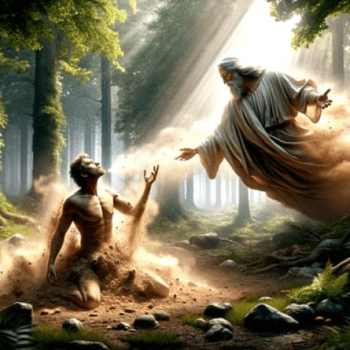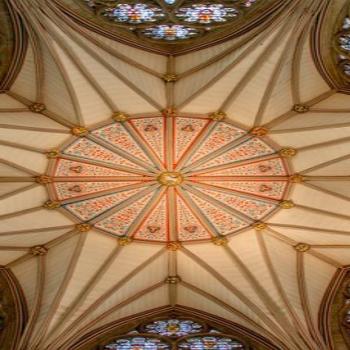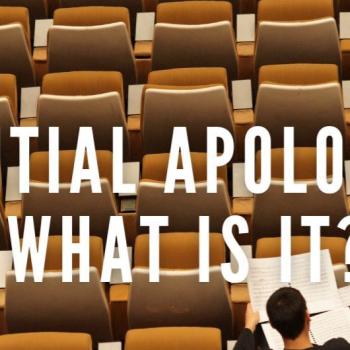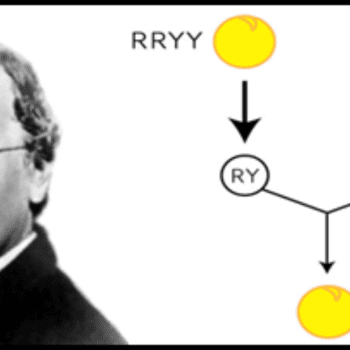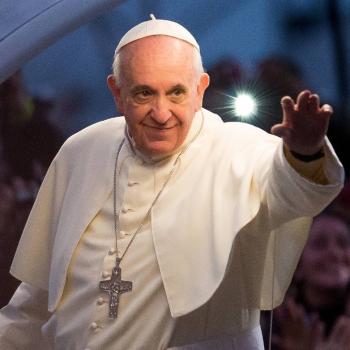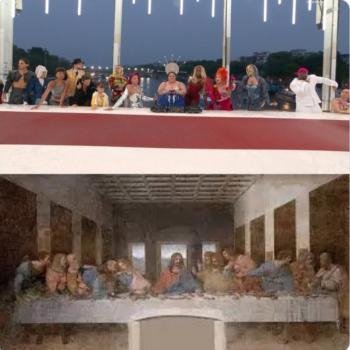I have long thought that a comprehensive understanding of Catholicism requires at least some basic knowledge of the Old Testament and Judaism. This is as true in Christology as in any other aspect of theology. In this essay, I want to examine one such connection between the Old and New Testaments: the teaching that Jesus Christ is the new Adam. To do so, I need to discuss biblical typology. Typology Biblical typology refers to when a person, event, or thing... Read more


